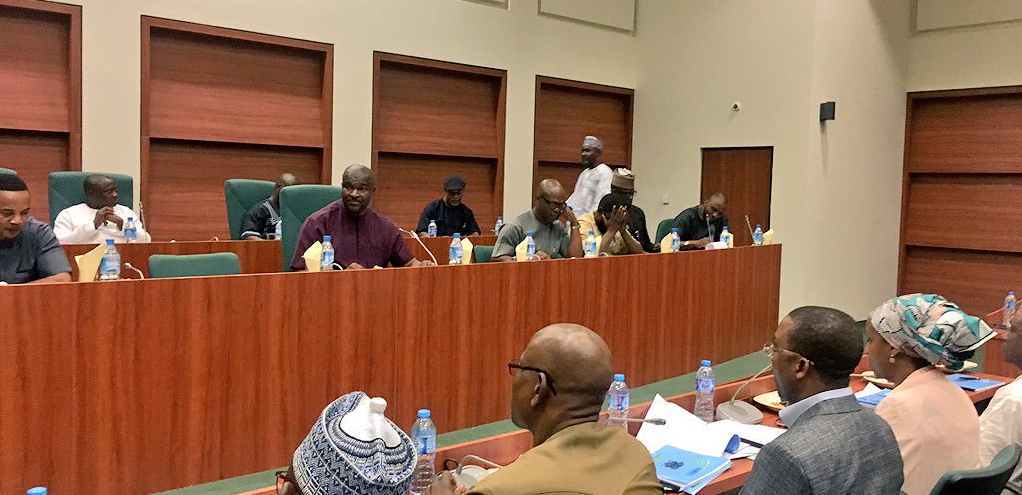The Socio-Economic Rights and Accountability Project (SERAP) has urged acting president Yemi Osinbajo to reject the “wasteful and unnecessary” expenses incurred by the national assembly.
In a letter to Osinbajo on Monday which was signed by Adetokunbo Mumuni, SERAP executive director, the group asked the acting president “to put pressure on the leadership of the national assembly to cut the proposed apparently wasteful and unnecessary spending” by the legislative arm.
SERAP was particular on the spendings on “the number of expensive official vehicles, legislative aides, travels and transportation, souvenirs, and photocopiers” by the senate and house of representatives.
In the letter which was copied to Philip Alston, UN special rapporteur on extreme poverty and human rights, the group asked the acting president to justify the wave of fresh spending by the national assembly on several of the items purchased last year.
Advertisement
It urged Osinbajo to assent to the budget “only if it truly reflects national development priorities, and not serve as a tool to satisfy the lifestyle of our lawmakers”.
“To allow public funds to be spent as proposed by the national assembly would disproportionately affect the socially and economically vulnerable and push them deeper into poverty and deprivation,” it said.
“In a country where many of our general hospitals cannot provide emergency treatment, and at a time public funds are needed to improve these facilities, it is retrogressive to spend these funds to provide exotic cars for our lawmakers or fund needless travels. Such funds ought to be meaningfully spent to provide clean water, build classrooms, provide materials, train teachers and pay outstanding workers’ salaries.
Advertisement
“The more public funds that are spent to buy expensive vehicles for our lawmakers rather than servicing the new vehicles bought last year the less resources that will be available to make sure that Nigerians enjoy the right to an adequate standard of living and the rights to health, housing, food and education.
“When read together, the obligations under the covenant to take steps to achieve economic and social rights progressively according to the country’s national resources implicitly forbid spending on such apparently wasteful projects.
“We are concerned that of the N125bn proposed by the national assembly in the 2017 budget, N6.4bn is to purchase official vehicles; N1.6bn to insure the vehicles; N777m to buy photocopiers; N55.623m to buy souvenirs; N807m to fuel generators; N11bn for travels and transportation; N9bn to pay legislative aides, and N750m for medical supplies.
“SERAP believes that the presidency now has the chance to show that the 2017 budget would not prioritise wasteful spending by the national assembly over and above urgent national development priorities, and the need to improve Nigerians’ access to basic necessities such as interrupted electricity supply, quality education, affordable healthcare, clean water, good roads, as well as pay outstanding workers’ salaries across the country.
Advertisement
“SERAP believes that by cutting the proposed spending by the National Assembly, the presidency would be working to address and mitigate the negative effects of economic recession and crisis in the country on Nigerians living in poverty in particular and the socially and economically vulnerable in general.”
The group also urged Osinbajo to persuade the leadership of the national assembly “to henceforth adopt and use human rights budgeting as a tool of tracking Nigeria’s accountability toward economic, social and cultural rights”.
“SERAP believes that a budget is a fundamental government tool for national development priorities and should not be a shopping list to satisfy the taste of high-ranking public officials and parliamentarians.”
Advertisement
Add a comment







